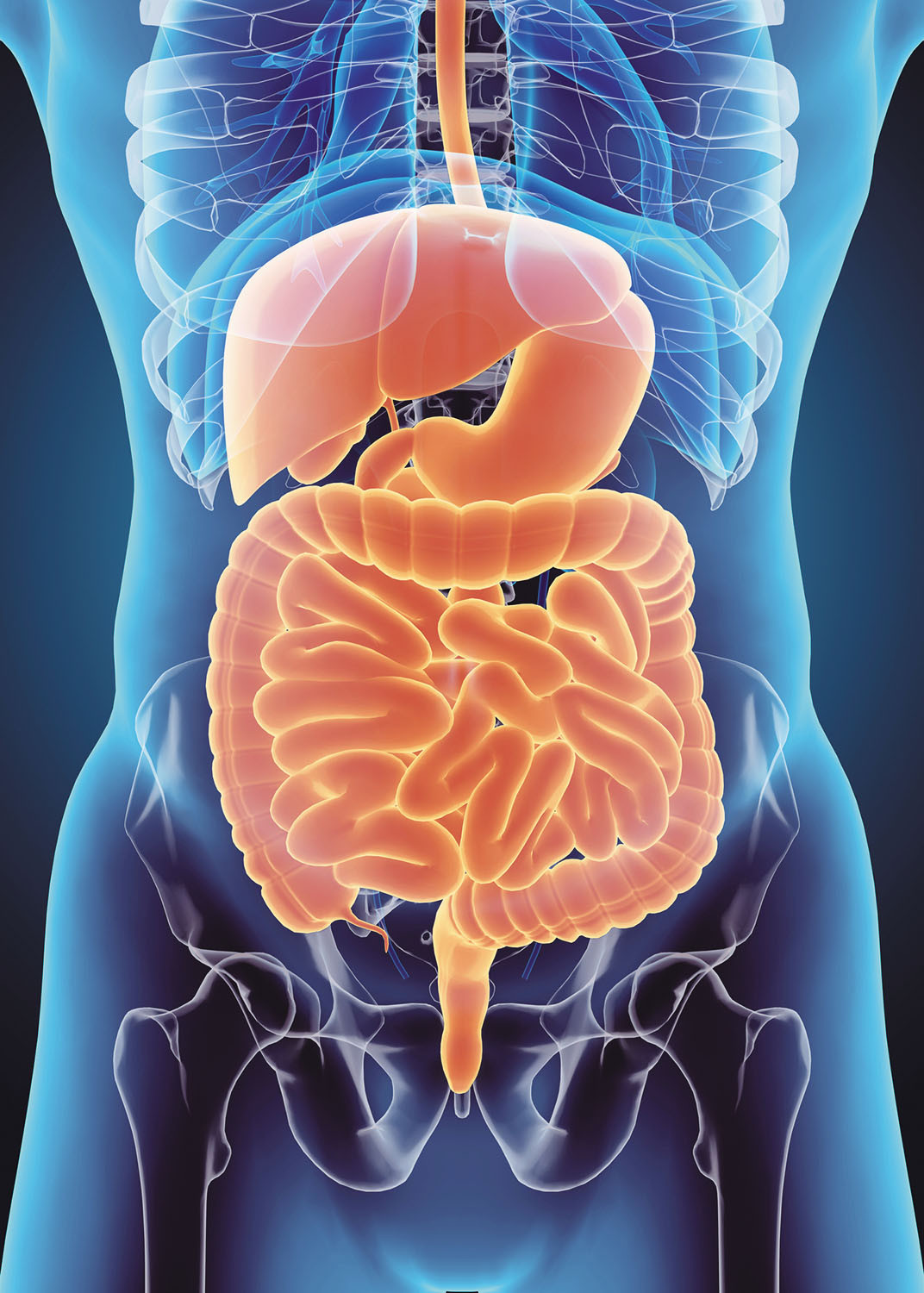
What are somatic workouts?

How to curb your stress eating

How to spot Parkinson’s disease symptoms

8 simple ways to reduce ultra-processed foods in your diet

Heart failure symptoms in women: How they’re different

GERD diet: Foods to avoid to reduce acid reflux

Strong is the new skinny

Everyday habits that sneakily weaken your bones

Don’t wait to get help for back pain

Correcting how you walk may ease osteoarthritis knee pain
Bladder & Bowel Archive
Articles
Tips for traveling with incontinence
Traveling long or short distances can be tricky for people who have incontinence. Certain strategies can help: avoiding bladder irritants (such as caffeinated or carbonated drinks), practicing urge suppression techniques, speaking with a doctor about medications that can ease an overactive bladder, wearing clothes with easy-to-use fasteners, wearing "bladder leak" underwear, packing important supplies such as a change of clothes or a portable urinal, using bathroom locator apps, and scheduling bathroom breaks.
Be a bladder boss
Frequent urination—defined as urinating more than eight times during the day or more than once at night—is believed to affect millions of Americans. Contributors can include drinking excessive amounts of liquid, substances that act as diuretics or bladder irritants, certain medications, pregnancy, aging, various medical conditions, and anxiety. People should consider seeing a doctor if lifestyle changes don't reduce the number of times they urinate each day.
The colonoscopy diet
It's a good idea to eat a certain diet before and after a colonoscopy. Eating a low-fiber diet a few days before the procedure helps move foods through the colon quickly, which can make colon prep easier. On the day before the procedure, it's important to consume only clear liquids (such as broth or bouillon, black coffee, plain tea, clear juices, clear soft drinks or sports drinks, Jell-O, and popsicles). After the procedure, it's safe to resume a normal diet. But eating too much fiber too quickly might cause gas, bloating, and discomfort. It might be wisest to restart a normal fiber-rich diet gradually.
Antidepressant may help manage irritable bowel syndrome symptoms
A 2023 study suggests that taking low doses of amitriptyline, a tricyclic antidepressant also used to treat nerve pain, may be one of the best pharmacologic choices to help improve symptoms of irritable bowel syndrome.
Keep your digestion moving
Over time, everyone's digestive system works less efficiently and people can develop food intolerance or begin taking medications that can affect digestion. These changes can create problems like gas, bloating, cramps, and constipation. By identifying the reasons for the digestive issues, managing them becomes easier and can help keep the entire system running smoothly.
Tips to avoid constipation
There are many ways one can try to avoid constipation. For example, lifestyle remedies may help—such as increasing dietary fiber, getting regular exercise, and drinking three to six cups of water per day. If those approaches don't work, doctors recommend using fiber supplements, such as psyllium husk (Metamucil), methylcellulose (Citrucel), or wheat dextrin (Benefiber). Another supplement that might help is magnesium. When all strategies fail, it may be time to try over-the-counter medication. One option is an osmotic laxative such as polyethylene glycol (Miralax).
Looking out for diverticulitis
More than half of US adults over 60 have diverticulosis, a condition where part of the wall of the colon bulges outward and forms tiny pouches. Diverticulosis does not cause symptoms, but if a pouch becomes inflamed or infected it becomes diverticulitis, which can be mild or more serious.

What are somatic workouts?

How to curb your stress eating

How to spot Parkinson’s disease symptoms

8 simple ways to reduce ultra-processed foods in your diet

Heart failure symptoms in women: How they’re different

GERD diet: Foods to avoid to reduce acid reflux

Strong is the new skinny

Everyday habits that sneakily weaken your bones

Don’t wait to get help for back pain

Correcting how you walk may ease osteoarthritis knee pain
Free Healthbeat Signup
Get the latest in health news delivered to your inbox!
Sign Up











